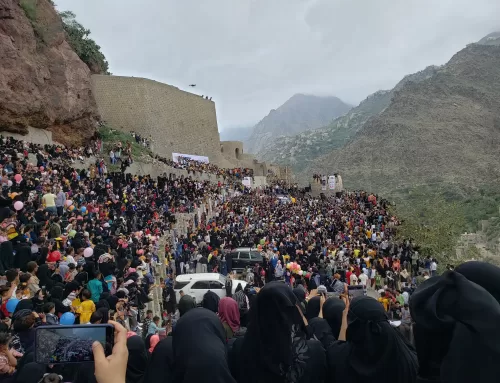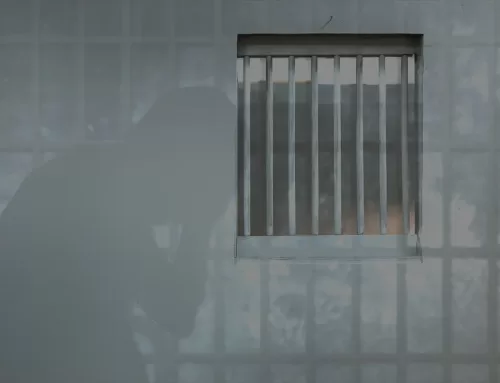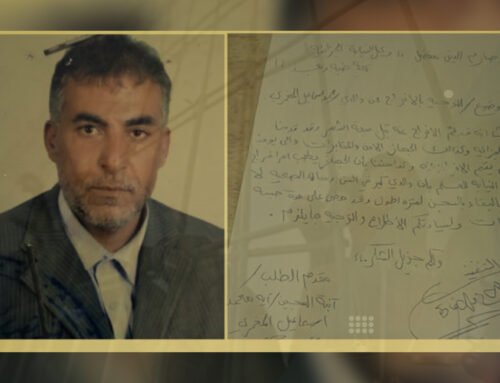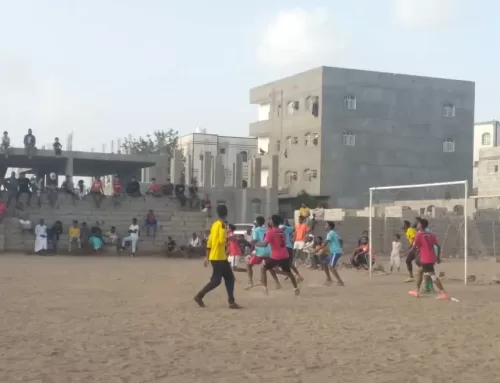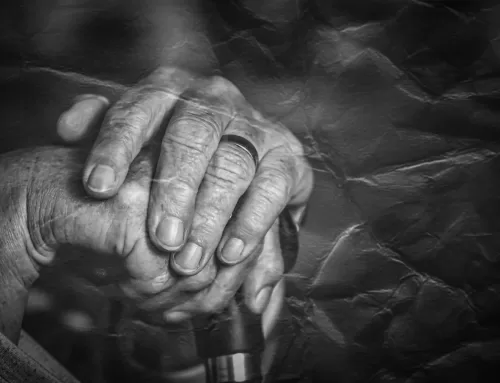October 10,2022
Many Yemenis are only a few steps away from potential death on the roadways since the armed conflict first broke out about seven years ago, killing many people, including children, especially in frontline rural areas. The country’s ongoing war has caused significant economic loss to its population in addition to casualties.
Fighting between the Ansar Allah Houthi armed group on one hand and the forces of the Southern Transitional Council and the internationally recognized Yemeni government on the other has had a substantial impact on Al-Qabaytah district in Lahj governorate. Many of the district’s villages have been bombed, its mountains and valleys have been planted with mines, and many of its residents have been displaced. Those who have remained are now in danger from either indiscriminate ground shelling or from land mines and explosive objects that the Houthi group has indiscriminately planted throughout the region.
Despite the risks of armed conflict in their villages, those who were unable to go are destitute, without the means to leave, and rely solely on farming and grazing in their communities. They would have no other option to rely on as a source of living if they decide to relocate. They are therefore compelled to remain against all risks.
One of the incidents of land mines and explosive objects took place in the village of Qadash, Qabbaytah District. It was on the second day of Eid al-Adha, July 10, 2022. Its victims were two young local girls, one died instantly. The other was wounded by shrapnel and evacuated for treatment to Médecins San Frontières (MSF) hospital in Aden.
On the incident morning, Yamama Ahmed Al Emadi(16 years old) and her 15-years-old cousin Yasmine Mansour Al Emadi were, as usual, herding sheep on Jabal Afra’ Al-Soud pasture overlooking the western side of the Qadash village in the sub-district of Karesh, Qabbaytah.
That day, at about 11:30 a.m., while they were returning with their sheep, a land mine exploded in the middle of the mountain. Yamama was instantaneously killed as a result of injuries in her neck, abdomen, and lower limbs. Yasmine was hit with shrapnel on the right side of the chest. The explosion also killed about 21 of the victims’ sheep, which were turned into shreds at the site of the explosion.
“As I arrived in our village that day from a nearby area, cattle herders came carrying the wounded Yasmine, as well as my daughter Yamama who was covered in her blood and had passed dead,” said Yamama’s father, 46-year-old Ahmed Al-Emadi.
“I was shocked by that situation, I could not control myself, and I fell to the ground crying bitterly,” he continued sadly.
“Yamamah, my eldest daughter, was my right hand. I relied on her for everything. She helped me with farming and cattle grazing. In this village, we depend on on farming and livestock as our sole source of living,” he concluded.
Residents accuse the Ansar Allah (Houthis) armed group of indiscriminate planting of land mines and explosive objects in the mountains of the region. According to locals, the armed group plants mines and other explosive objects in the mountains and the areas separating them from the positions of the opposing party in order to protect their fronts from any advance by the other side.
The Houthis’ locations are about one kilometer west of the site of the explosion, on the Khasla and Qaher mountains, while the Southern Transitional Council forces control the eastern side on the Al-Gharib and Hamala mountains, about two kilometers away. The two sides control those areas since 2017 until now (October 2022).
Meanwhile, neither side took control of the mountain where the explosion took place. The people of Qadash village have been herding their sheep on this mountain for many years, and there have been no similar explosions there in the past. But after this incident, everyone felt insecure to go to that pasture, fearing from further explosions.
The Mine that Killed a Family on the Way to Look for Aid
Not far from the tragedy of Yamama and Yasmin, and in a rural place called Al-Dubai, also in Qabbaytah, a 7- years-old Ghaida Abdo Abd al-Baqi suffered the orphan’s bitterness after her father died when she was four. She then lived with her mother and siblings in poverty. In addition, the area where she lives is an interface zone between the warring parties (the forces of the internationally recognized Yemeni government and the Ansar Allah “Houthis” group).
Ghaida, her mother Dalilah Abdel Samad )40 years old(, and her brother Azzam Abdo )16 years old( were landmine victims that exploded in the Al-Dabi area of Qabbaytah, inflicting shrapnel wounds on her and her brother and killed her mother.
On January 26, 2019, at around 9:00 A.M, Dalilah (Ghaida’s mother) left her home in the Al-Dabi area to receive aid provided by a humanitarian organization. Delilah was carrying her daughter Ghaida on her waist, accompanied by her other child, Azzam.
While she was walking in the area, and as they reached the interface zone between the two sides of the conflict near the 30th of November School, she did not know that this area was strewn with land mines, so one of her steps fell on a land mine.
Dalilah was injured by scattered shrapnel; both of her legs were amputated and she kept bleeding to death. Shrapnel from the explosion hit Ghaida with several fragments in different parts of her body, some of which settled in the spine. In addition, Azzam was hit by shrapnel in both legs.
Immediately after the explosion, the Ansar Allah Houthi group in nearby positions opened fire indiscriminately. The mother died after she bled too much as a result of the ambulance delay.
Local residents accuse the Ansar Allah Houthi group of laying mines in that area to protect their positions from any possible attack by government forces stationed approximately 700 meters away on the mountain overlooking the east of their positions. Land mines continue to threaten civilians’ lives in the area.
A number of locals then evacuated the victims to the health center in Karsh area, Qabbaytah, where doctors confirmed Dalilah’s death, while the two siblings, Ghaida and Azzam were moved to Aden for treatment.
Ghaida and her brother’s treatment lasted for several months in MSF hospital and Wali Hospital in Aden. Ghaida was not able to move her lower limbs as a result of the injury. She had several surgeries to remove shrapnel fragments from the spine.
Several months later, Ghaida started to get better, but she remained unable to move, as her injury affected the lower limb nerves. She received physical treatment until her condition improved a bit and she could walk on her feet with difficulty. Until now, 2022, she still needs physiotherapy and still suffers from involuntary urination.
“Ghaida lost her mother and her suffering has doubled. She could not find anyone to support her, and she depends on what benefactors provide her,” said Ghaida’s uncle, Abd Al-Habib Abd al-Baqi (56 years old).


